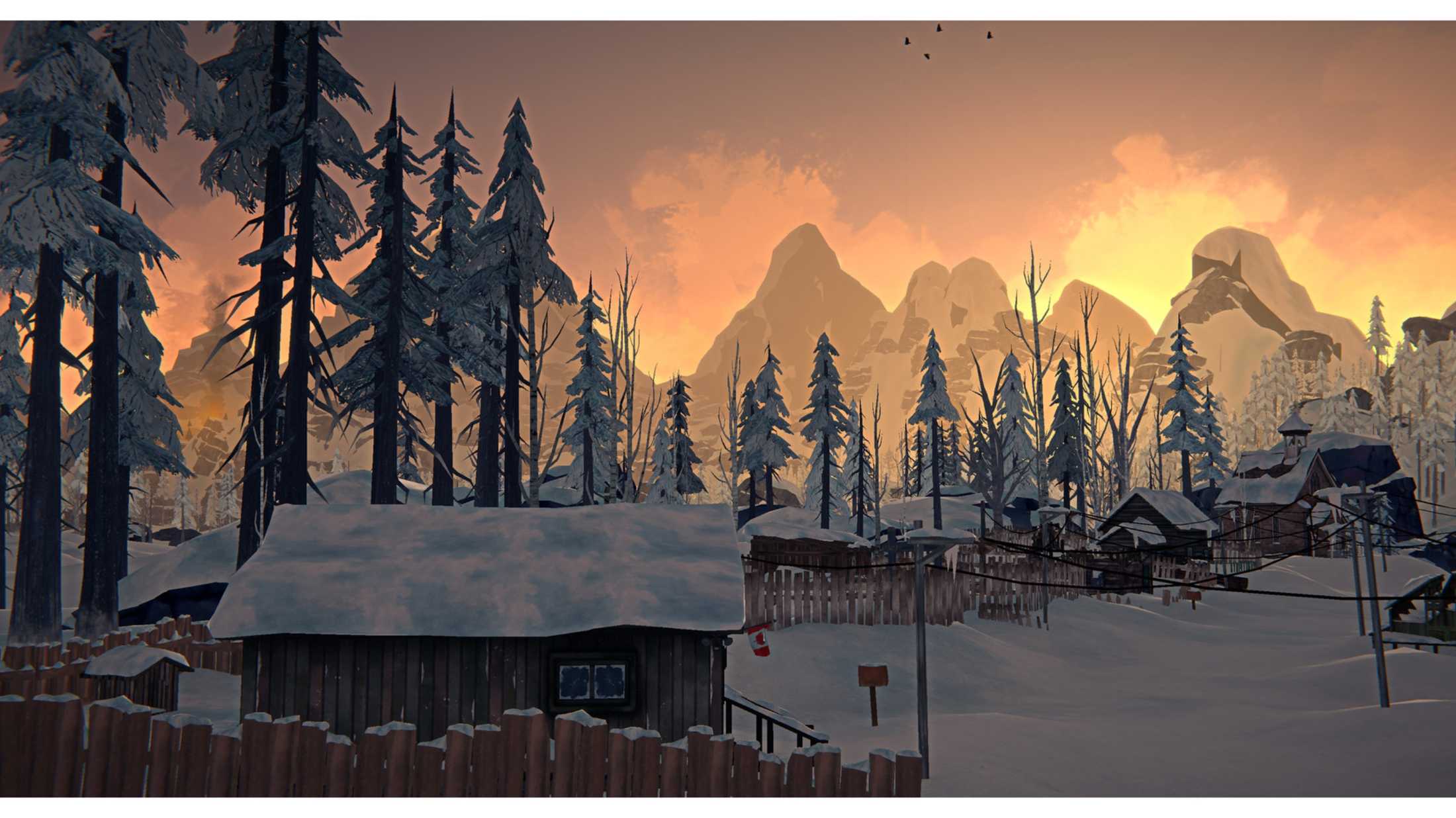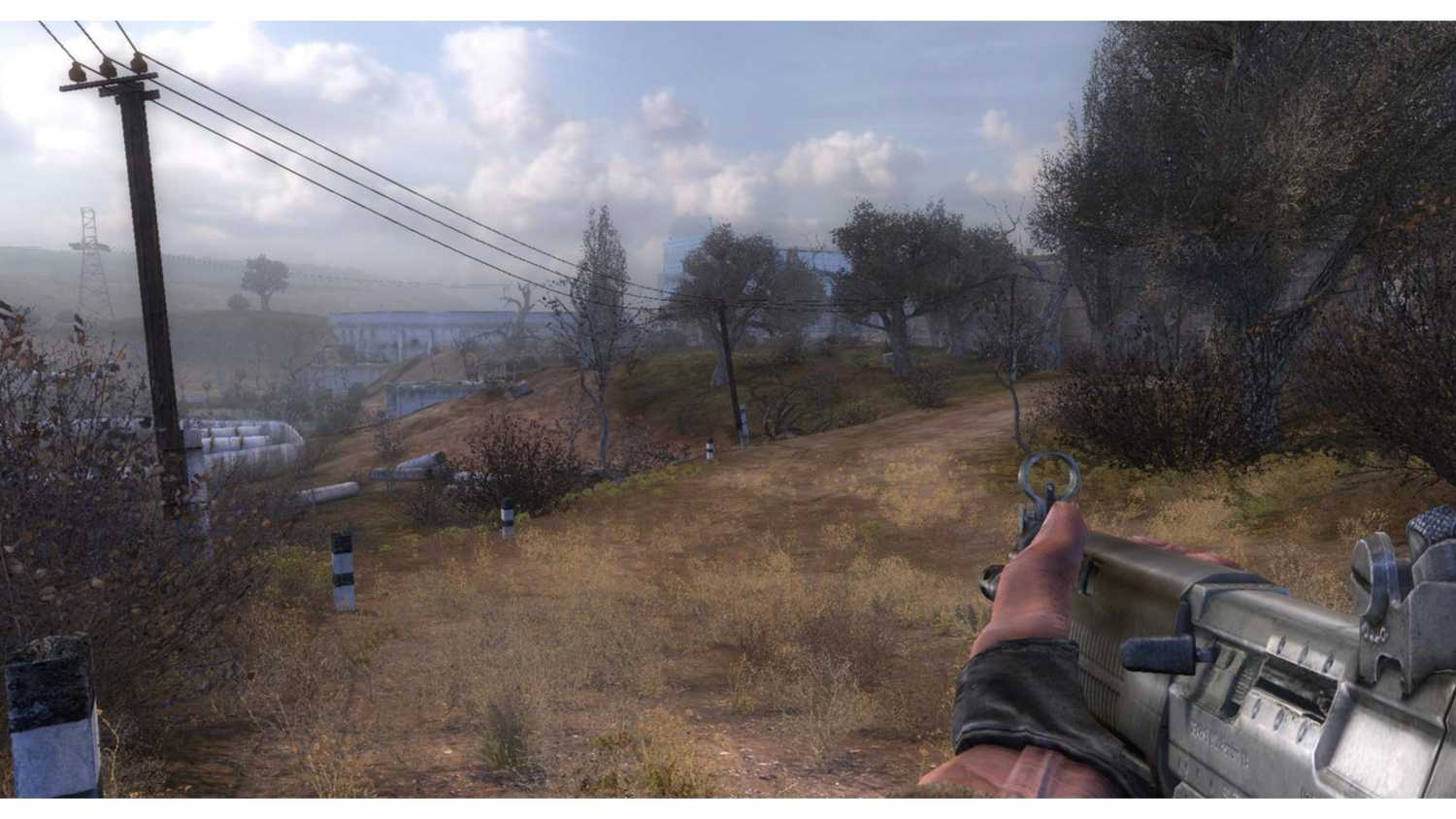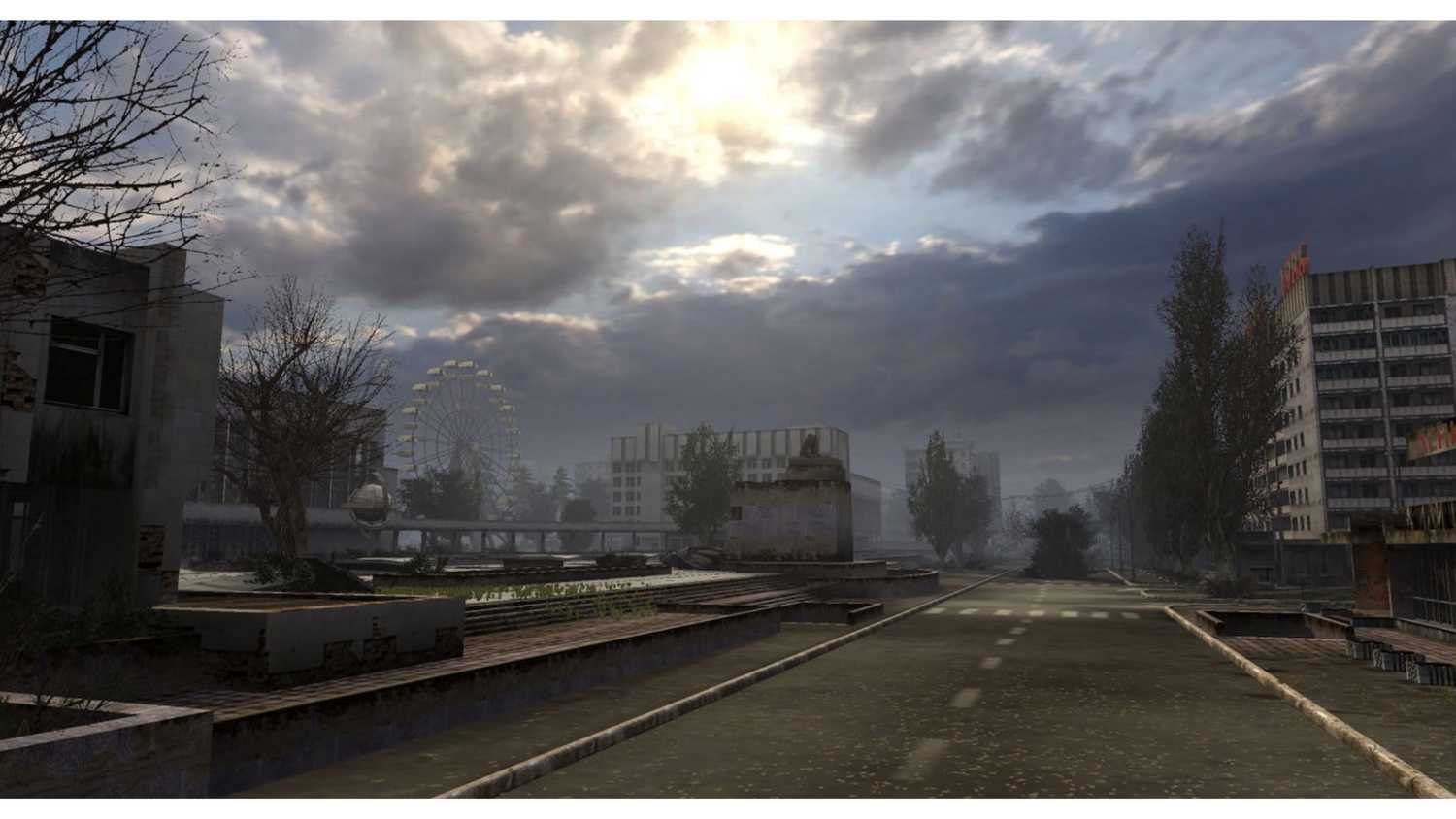The Best Open-World Games That Don’t Hand You Victory
Popular Now
 The Legend of Zelda
The Legend of Zelda
 Black Myth: Wukong
Black Myth: Wukong
 Minecraft
Minecraft
 Free Fire Max
Free Fire Max
 Genshin Impact
Genshin Impact
 Among Us
Among Us
 CarX Street
CarX Street
 Schedule I
Schedule I
 Valorant
Valorant
 Call of Duty
Call of Duty

In an era of ubiquitous in-game maps, objective markers, and constant tutorials, a small but significant number of open-world games stand out by refusing to hold the player’s hand. These titles, often celebrated for their difficulty and freedom, drop you into a vast world with a simple goal and expect you to figure out the rest. They don’t just provide a sandbox; they provide a wilderness, and your success is a direct result of your observation, experimentation, and perseverance. These games reward intelligence and patience over brute force and offer a profound sense of accomplishment that is rare in modern gaming.
Here are some of the best open-world games that challenge you to find your own path to victory.
1. Elden Ring
Elden Ring is a monumental achievement in open-world design. FromSoftware’s epic drops you into the Lands Between with virtually no guidance. The game’s narrative is told through item descriptions and environmental details, and the main quest is a suggestion, not a command. You are free to explore in any direction, and the game trusts that you will find your own way. The result is a world filled with secrets, powerful enemies, and a constant sense of discovery. Your success is a direct reflection of your ability to learn enemy patterns, find hidden paths, and make your own decisions. The sheer scale and freedom of the world make it a masterclass in non-linear progression.
 2. The Legend of Zelda: Breath of the Wild
2. The Legend of Zelda: Breath of the Wild
The Legend of Zelda: Breath of the Wild redefined a legendary franchise by abandoning its traditional linear structure. The game begins with a clear objective: defeat Calamity Ganon. However, the game gives you the freedom to go and do so immediately, even if you are unprepared. The game’s physics-based engine encourages creative problem-solving, and the world is filled with secrets that are not explicitly marked on your map. You must use your keen eye, your understanding of the game’s mechanics, and your wits to overcome obstacles, whether it’s climbing a mountain, solving a shrine, or defeating a difficult enemy. The game rewards curiosity and experimentation above all else.
3. Kingdom Come: Deliverance
Kingdom Come: Deliverance is a deeply immersive RPG that prides itself on its realism and lack of hand-holding. As Henry, the son of a blacksmith, you are not a chosen one or a legendary hero. You are a simple peasant who must learn to survive in a brutal, historical world. The game’s combat is complex and difficult to master, and simple tasks like crafting a potion or even reading a book require skill and practice. The game’s world does not revolve around you; if you fail a quest, the consequences are real and the world moves on. This level of uncompromising realism makes every small victory feel incredibly earned.
4. The Elder Scrolls III: Morrowind
Long before fast travel and quest markers became standard, The Elder Scrolls III: Morrowind dropped players into a foreign, alien world with a journal and little else. Quests were not tracked on a map; instead, you were given written directions and had to navigate by reading signs, landmarks, and talking to NPCs. The game’s combat and magic systems were deep and unforgiving, and a bad character build could make the game nearly impossible. This dedication to player freedom and immersion created a truly unique and memorable experience that remains a benchmark for the genre.
 5. Outer Wilds
5. Outer Wilds
Outer Wilds is a game that is a massive puzzle box masquerading as an open-world adventure. The core rule is simple: you have 22 minutes before the sun goes supernova and the time loop resets. The only thing you carry over from one loop to the next is knowledge. Your progression is tied not to your character’s abilities but to your personal understanding of the universe. The game provides no quest markers or waypoints, and the only way to succeed is to explore, observe, and piece together the clues scattered across a miniature solar system. It’s a brilliant game that forces you to rely on your intelligence and curiosity to unravel its central mystery.









